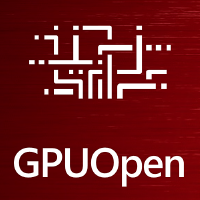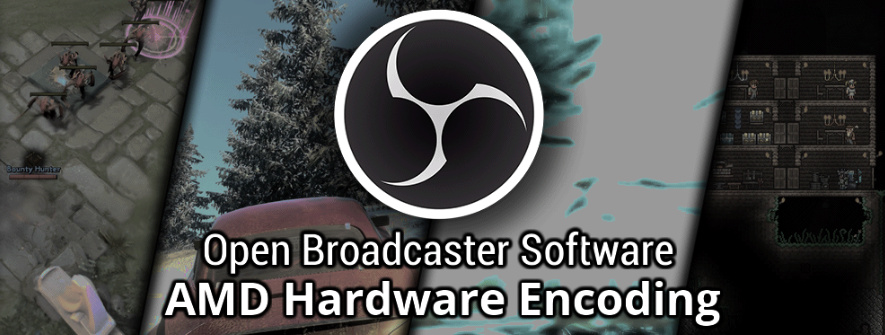What is GPUOpen and the Advanced Media Framework?
GPUOpen is an AMD initiative designed to enable developers to create ground-breaking PC games, computer generated imagery and GPU computing applications for great performance and lifelike experiences using no cost and open development tools and software.
Advanced Media Framework (AMF) is a light-weight, portable multimedia framework that abstracts away most of the platform and API-specific details and allows for easy implementation of multimedia applications using a variety of technologies, such as DirectX 11, OpenGL, and OpenCL and facilitates an efficient interop between them.
Development Tools
The Advanced Media Framework SDK provides developers with optimal access to AMD GPUs for multimedia processing. This SDK may be used in developing wireless display, remote desktop, video editing, transcode and playback applications. Specifically, developers can use the AMF SDK for accessing AMD media accelerators for video encoding and decoding and color space conversions.
The AMF SDK is a replacement for the AMD Media SDK.
Benefits
The AMF SDK allows optimization of application performance by utilizing CPU, GPU compute shaders and hardware accelerators for media processing. These optimizations are applicable to a wide range of applications such as gaming or content creation. Programming of AMD Video Engines (UVD and VCE blocks) is also an important part of the functionality that AMF provides to developers.
Sample Code for RICOH THETA (S and V models)
SDK has stitching samples which support input from Ricoh Theta S and V.
Example: AMD Advanced Media Framework Encoder Plugin for OBS Studio
More
The same stitching pipeline and live camera support are used in AmfStitchMedia plug-in to Unreal and Unity game engines.
Please note that you will need Epic account to access AMD UE4 integration repos in GitHub.
Extra Comments
The SDK and related libraries and repos have been published by AMD relatively recently and are used in AMD demos. AMD is expecting real-time stitching game engine plug-ins to be used in virtual production setups.
At theta360.guide, we have been recently doing a fair amount of testing with longer video recordings. There have been some examples of overheating during long live streaming or time-lapse implementations. It’s probable, though I don’t have any specific information, that the THETA will continue to increase in video resolution with upcoming models. The could exacerbate problems with heat. In certain cases, it might make good sense to offload the stitching which could help with overheating.
If you’re interested in finding out more about the THETA V Dual fisheye plug-in, there’s more information here.
Join the Plug-in Partner Program to unlock your THETA V now to dig in deeper!

